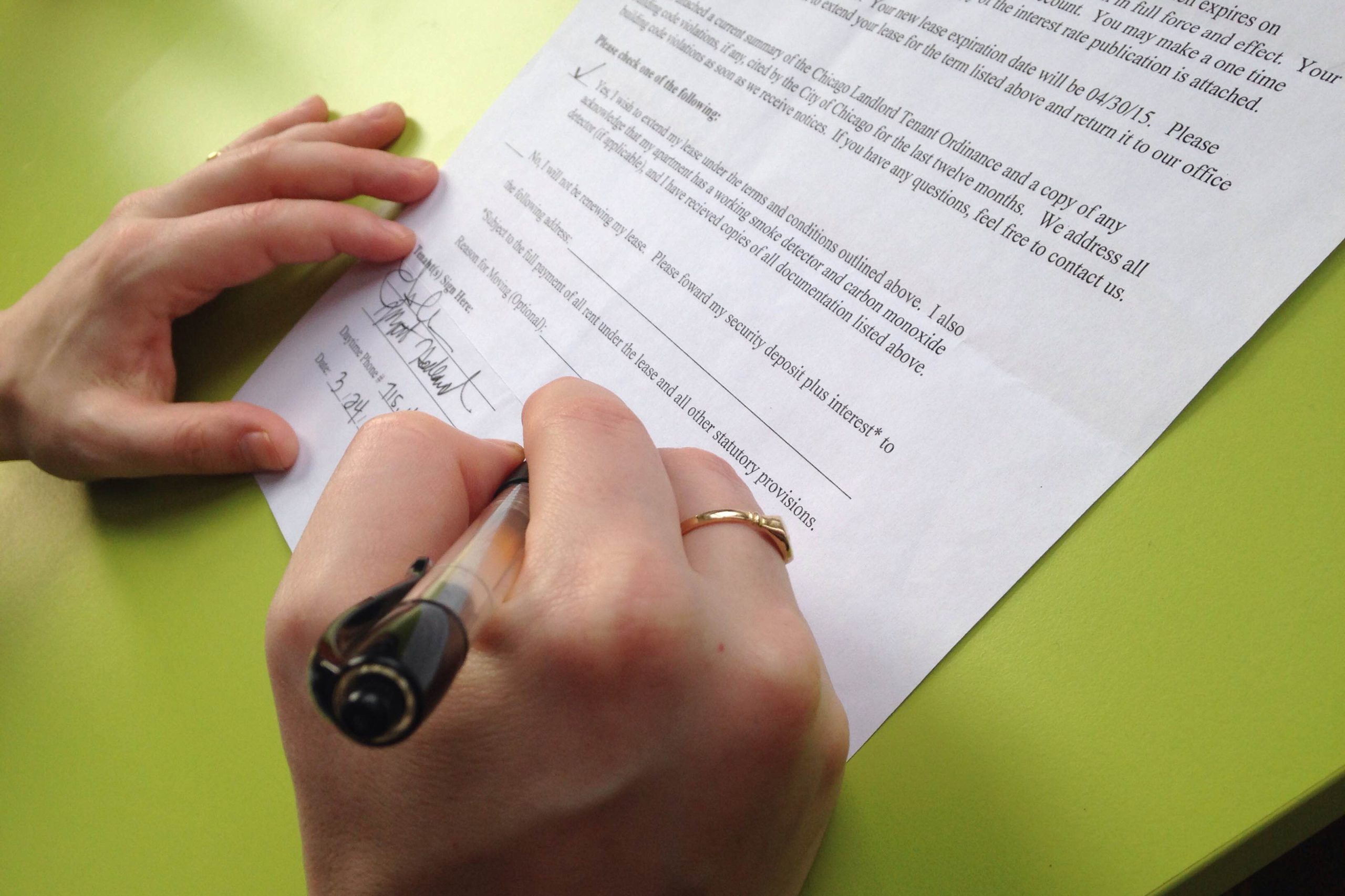The term debt means a sum of money owed by a debtor to a creditor. During the performance of a service or the delivery of a product contractually provided for, the latency time between the execution of the terms of the contract and its payment creates a situation of debt. If it is not paid by the due date, it becomes unpaid and the creditor can take a series of steps to obtain this payment, this is debt collection.
This generic term covers different procedures and uses. To assist you in the recovery of your debts, there are specialized companies, which support you in all stages of the process. In this article, we will detail all the options available to you in the event of unpaid invoices that affect your cash balance. Explanations.
Amicable collection, a necessary first step
Before initiating litigation, it is sometimes sufficient to propose an amicable debt collection. A late payment or an unpaid invoice may simply be due to an oversight or an accounting error and in this case, a simple email, a phone call or even a reminder letter to your debtor will be enough to make him react. Always favor these "soft" means to preserve your commercial relations.
If your interlocutor remains silent, you can send him a letter of formal notice. You will thus inform him of your requirements in a peremptory manner and will show him your intentions to initiate legal proceedings. From this moment, obtaining the services of a collection agency can be very useful because it will allow you to proceed in a safe way and to meet all the legal requirements of such a procedure.
Judicial recovery and payment order
The letter of formal notice is an important step in debt collection because it is an essential prerequisite for legal action and constitutes the starting point for the calculation of default interest. At the commercial court, the judge rules on the legitimacy of the payment order procedure initiated by the creditor and may, if this is the case, issue an order ordering the debtor to pay all or part of his debt.
As a creditor, you then have a period of 6 months to send the order to your debtor via a bailiff. If he still does not react to the injunction, the bailiff will then be able to obtain an enforceable title which will allow him to seize the property of your debtor. On the other hand, if the latter opposes and contests the order for payment, the two parties will be summoned to court and will have to express their arguments before the judge.
Debt collection, alternatives to the payment order
Litigation recovery includes several legal recovery procedures, different from the payment order. Before the judge, you can try to quickly obtain payment of all or part of the debt by an action in summary proceedings. The judge's decision is then provisional and the risk for the creditor is to see the debtor bring the case before a so-called “merits” judge who will bring an outcome and a final decision to the dispute.
This procedure, known as summons for payment, which is longer and more costly, is like interim relief, a contradictory procedure. Its definitive status requires further and therefore more time-consuming investigations. For creditors whose debtor is in cessation of payment, it may then be appropriate to summon him to open collective proceedings (judicial liquidation or receivership). Indeed, the seriousness of the procedure may encourage the debtor in bad faith to pay your claim.



